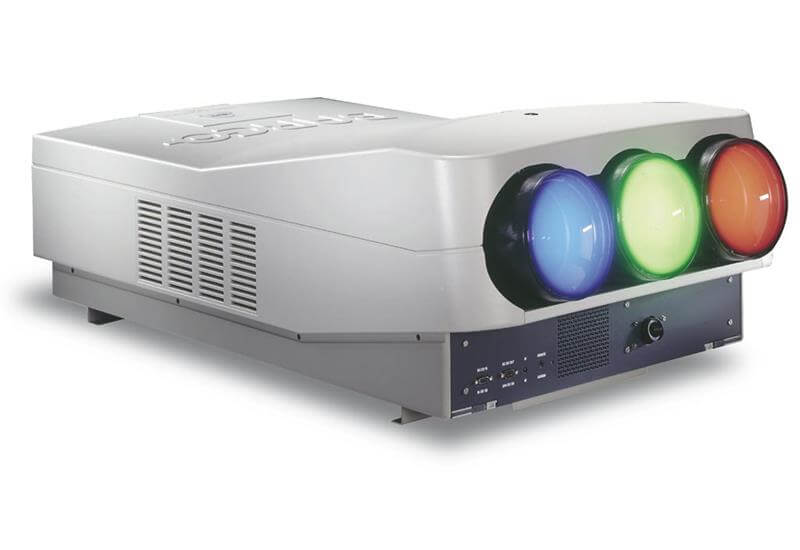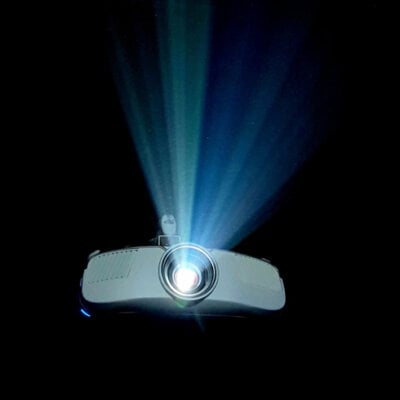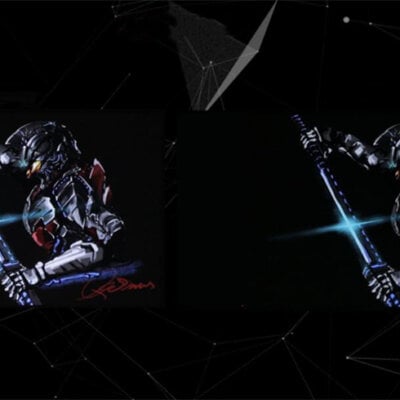CRT stands for Cathode Ray Tube, one of mainstream techniques used in projector area. Nowadays, there are three technologies in terms of projection technology, including DLP, 3LCD and CRT projection technology.
CRT projector is a projector that uses a small, high-brightness cathode ray tube as the image generating element. It primarily comprises three electron guns in a vacuum, and therefore it is known as three-gun projector.

CRT projector decomposes the input signal source to R (red), G (green) B (blue) three CRT fluorescent screen, the luminous signal experiences amplification, convergence, and large screen color display under the action of high pressure.
The first color CRT projectors came out in the early 1950s.
Performances
1. Convergence performance
Convergence is the overlap of red, green and blue colors on the screen.
For CRT projector, convergence control is particularly important. It has RGB three kinds of parallel-installed CRT tubes. To achieve complete convergence of the image, it must be able to correct all kinds of distortion of the image. Once position is changed, convergence needs to be readjusted. Therefore, convergence of this projector requires multi-functional, fast and convenient.
2. Focusing performance
The smallest unit of a graph is a pixel. The smaller the pixel, the higher the resolution. For CRT technology, the minimum pixel is determined by focusing performance, and the addressable resolution refers to the number of minimum pixels.
CRT includes three Focusing mechanisms, electrostatic focus, magnetic and electromagnetic focus, in which electromagnetic is advanced with good focus performance. Electromagnetic focus supports regional focus, edge focus, four corners focus, so that every point on the picture can be very clear.
Conclusion
CRT projector has the advantages of high resolution, good contrast, good color saturation, longer life span, strong compatibility with signals, and mature technology.
CRT projector also has disadvantages. It is heavier and larger than other kinds of projectors. The phosphors emit light and then project to the screen for imaging. When the number of effective scanning electrons reach saturation state, the phosphor emission can’t be increased by adding effective electrons.
Nowadays, CRT projector has retreated from the mainstream market, which are mainly replaced by LCD projector.
However, CRT technology is still in the leading position in rear projection area, and it will continue to occupy a high market share in one or two years.




